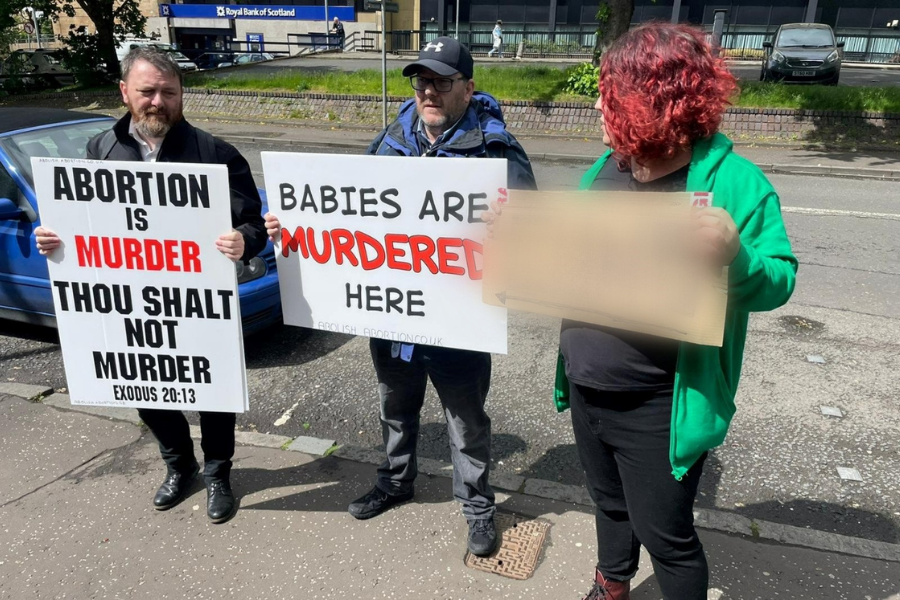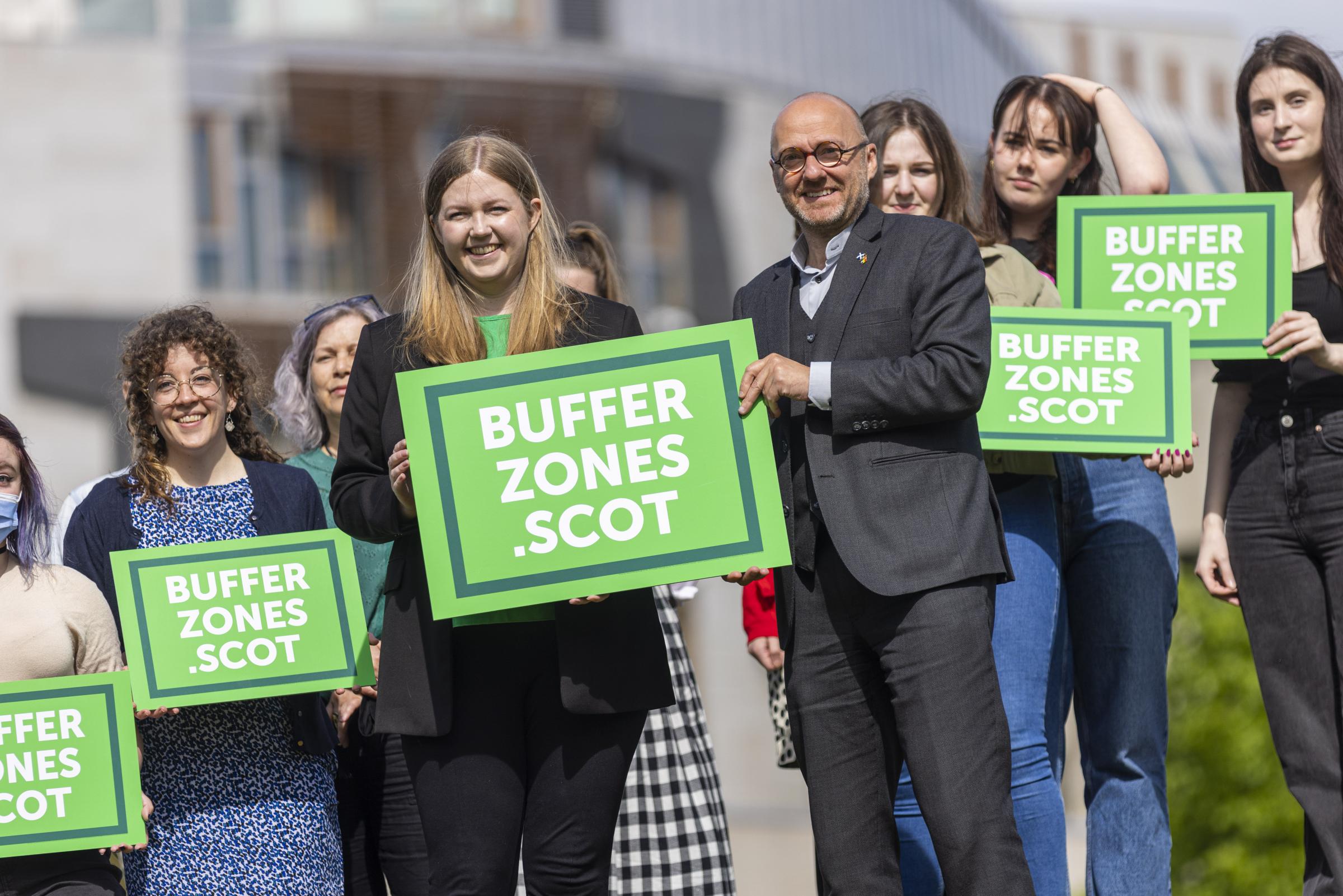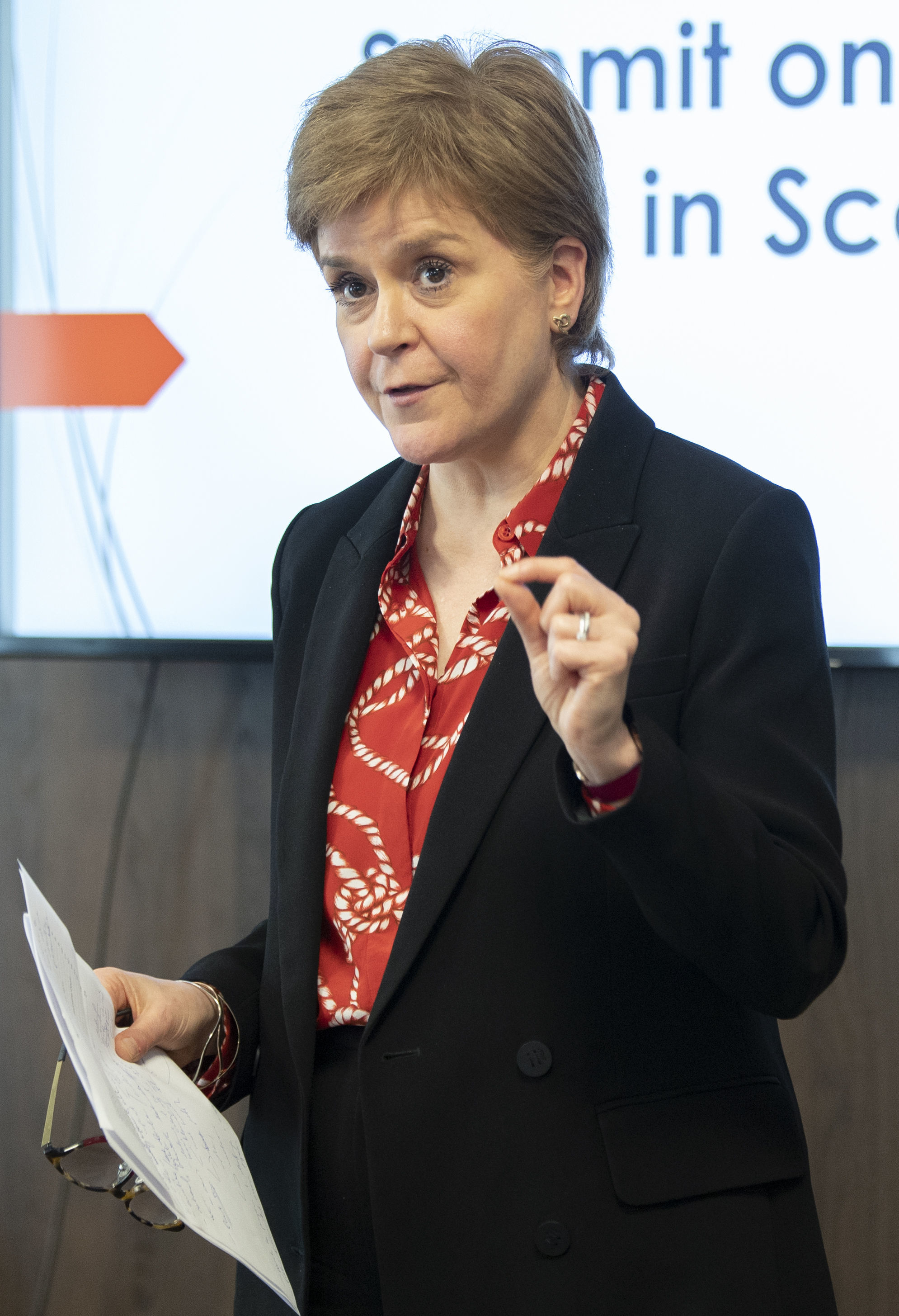
A BID to use council by-laws to establish buffer zones outside of abortion clinics has been welcomed but with an added warning that finding a national solution to the issue is “vital”.
The First Minister convened a second summit on the matter on Monday with representatives from Cosla and the “most affected local authorities”.
Clinics in Edinburgh and Glasgow have seen protests outside their doors in recent months, followed by reports of women trying to access these vital services being targeted for harassment.
The Scottish Government has said that enforcement of buffer zones would lie with the local authority, while councils say action must be taken by Holyrood.
But now, a number of councils have agreed to investigate whether or not local by-laws could provide a temporary solution.
Scottish Greens MSP Gillian Mackay is currently taking a member’s bill through Holyrood which would create the 150-metre zone around abortion clinics and hospitals, with the consultation she introduced receiving 12,000 responses.
The British Medical Association (BMA) and Royal College of GPs have backed Mackay’s bill.
Mackay, MSP for the Central Scotland region, said: “Abortion rights are human rights. Nobody should be intimidated or abused when accessing healthcare. I commend all of the local authorities who are willing to look at their by-laws.

"I hope that today’s meeting can move us a big step closer to stopping the shocking protests that we have seen from anti-choice campaigners.
“We also need a national solution.
“What we can’t have is postcode lottery, whereby some people are able to access abortion services without fear of harassment in some parts of the country, but others are not. I want to ensure that all people have the same rights regardless of where they live.”
Mackay added that she would work cross-party to progress the legislation “as quickly as possible”, and said: “This kind of harassment must be stopped. It has no place in a modern, caring, compassionate Scotland.”
Countries including Canada, Australia and Spain have introduced laws creating buffer zones around abortion clinics, while in Northern Ireland similar legislation has been referred to the UK Supreme Court to establish if it falls within devolved competence.
The bill criminalises any act which would have the “intent or effect” of influencing those accessing abortion services. The Scottish Government has previously said it is awaiting the outcome of the case before pushing forward with any national legislation.
The number of protests outside of health care providers has continued to grow, with more than 100 people taking part in one outside of the Queen Elizabeth University Hospital in Glasgow just a few months ago.

At the weekend the Scottish Government was criticised after a public contract emerged showing a £10,000 tender for a firm to hold mediation services between protestors and clinic users.
The move caused outrage, but the Government insists there are “no proposals whatsoever” for the meetings to go ahead.
A Scottish Government spokesperson said: “The Scottish Government and local authorities are in agreement that action is needed, as quickly as is practicable, to prevent the harassment and intimidation of women trying to access abortion services.
“We have been clear that we remain committed to national level legislation on this issue, but we know that this will take time. There are complex legal issues to resolve, but by-laws have not been ruled out and are very much an option on the table.
“The Scottish Government will continue to work closely with affected local authorities and Cosla to move forward with work to find a solution, and we look forward to more clarity on the matter following the forthcoming Supreme Court judgement on the Northern Irish bill.”
Cosla have been contacted for comment.







